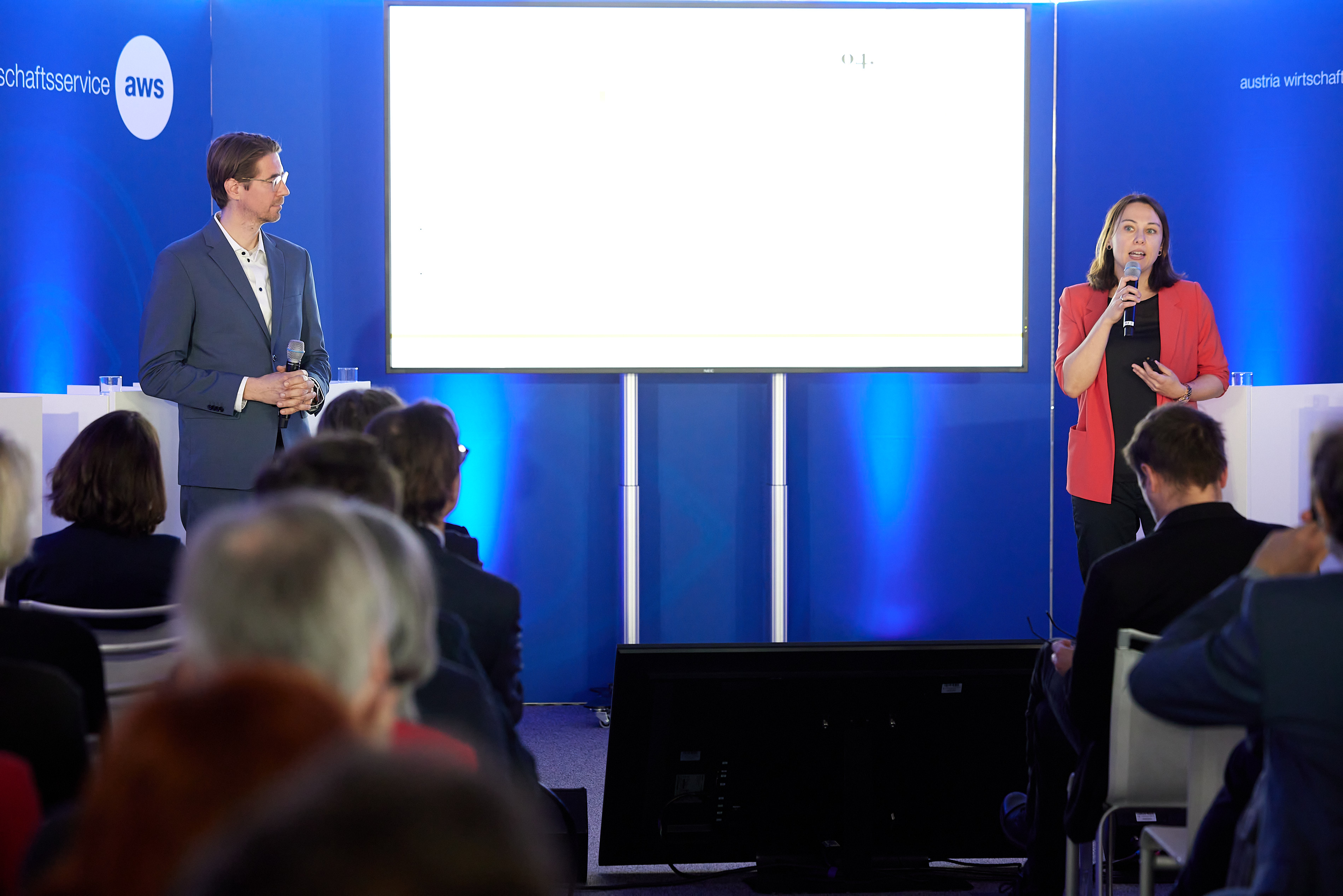Like in many parts of the world, there were declines in different Global Entrepreneurship Monitor indicators in Austria due to the COVID-19 pandemic. Trends are now reversing.
The just released GEM 2022/2023 Austria National Report is based on a representative survey of the working-age population (4,600+ respondents) and supplemented by 37 experts assessing the state of the entrepreneurial ecosystem. The report notes that the rate of early-stage entrepreneurs rose to 6.8% of the working-age population, a slow recovery following a decline during the pandemic period. In particular, tourism-dependent provinces have helped to reverse 2020 declines. Other key indicators such as the rate of established businesses (active for more than 3.5 years, thus including startups as well) are already returning to pre-pandemic levels.
Austria’s entrepreneurs are currently cautious in terms of employment and growth expectations, while business exits are rising at a low level. Entrepreneurs are increasingly serving international customers. However, earlier pre-pandemic levels of internationalization have not been reached yet.
For about one third, the pandemic has opened up new business opportunities. From the experts’ perspective, the socio-cultural norms in Austria are once again assessed as not very conducive to entrepreneurship, but from the perspective of the population, the fear of entrepreneurial failure is declining and thus developing positively. More than two-thirds of entrepreneurs take environmental or social aspects into account when taking business decisions.
“Overall, entrepreneurs in Austria start businesses because of opportunities, not out of necessity,” said Christian Friedl, Professor at FH Joanneum Institute of International Management and Entrepreneurship and lead author of the report. “The population perceives increasing opportunities to start a business, but this rarely translates into corresponding founding intentions and rates. The ecosystem is intact, but only mediocre by international standards, and faces additional challenges due to new crises.”
In terms of demographics, the average age of Austria’s entrepreneurs is increasing slightly – both among early-stage entrepreneurs and established businesses, with differences between gender. The share of women in early-stage businesses rose to 44.8%, but declines with increasing technology intensity. In addition, 28.7% of founding teams are still all-male. There are clear differences between women and men in perceived competencies, opportunities and risk-taking behavior.
Comparisons
Total entrepreneurial activity is increasing again compared to 2020 and is in the middle range at the international level. The overall assessment of the entrepreneurial ecosystem once again places Austria in the middle of the field in both European and international comparisons, with little change in the individual framework conditions compared to previous surveys. The financial environment for entrepreneurship in Austria is rated as average. However, the changing macroeconomic conditions are making it increasingly difficult for companies to obtain financing. Informal investments are on the rise.
The funding programs to support entrepreneurs are perceived as very positive and rank first in the international GEM comparison, while government policies receive average ratings. The physical, professional and commercial infrastructure are rated positively in a European comparison, but internal market dynamics score below average. In comparison to other European economies, entrepreneurs have a high status in Austria and starting a business is becoming more desirable as a career option.
The percentage of university graduates among female and male entrepreneurs is significantly higher than that of the population as a whole across Europe. The experts continue to rate entrepreneurship education below average, especially in schools and for vocational training.
Declining competitive advantage despite increasing research and development efforts. The RTI (research, technology and innovation) intensity levels of pre-2020 are not yet reached, but there are differences between the individual RTI sub-indicators as well as the different phases of entrepreneurship. The research indicator shows a positive development, especially as research-based business and spin-off activities are increasing. The level of research and technology transfer remains constant and is in the middle among European economies.
The technology intensity is higher among Austria’s early-stage businesses than among the established ones, but the use of technologies above industry level is declining overall. In terms of digitalization, Austria’s entrepreneurs are also average compared to other countries in Europe.
The 2022/23 GEM Austria Report results as well as the 10-year-analysis suggest policy recommendations in the areas of socio-cultural norms, entrepreneurship education, female entrepreneurship, financing and the ecosystem as a whole to tackle these challenges.
Access the report in German or the Executive Summary in English.

